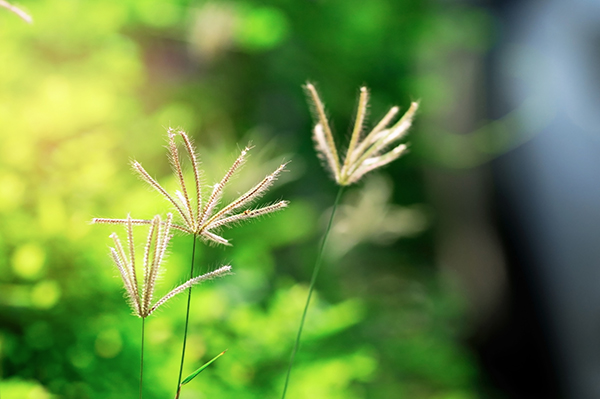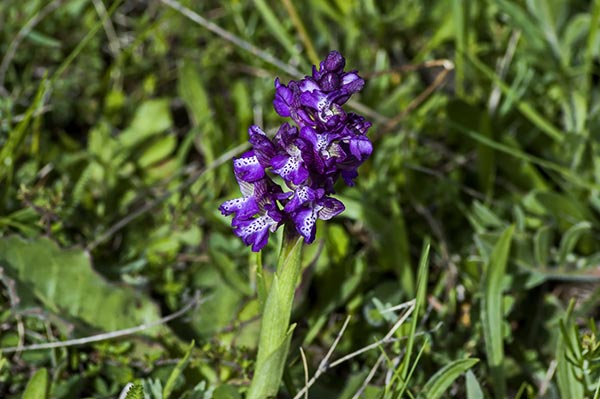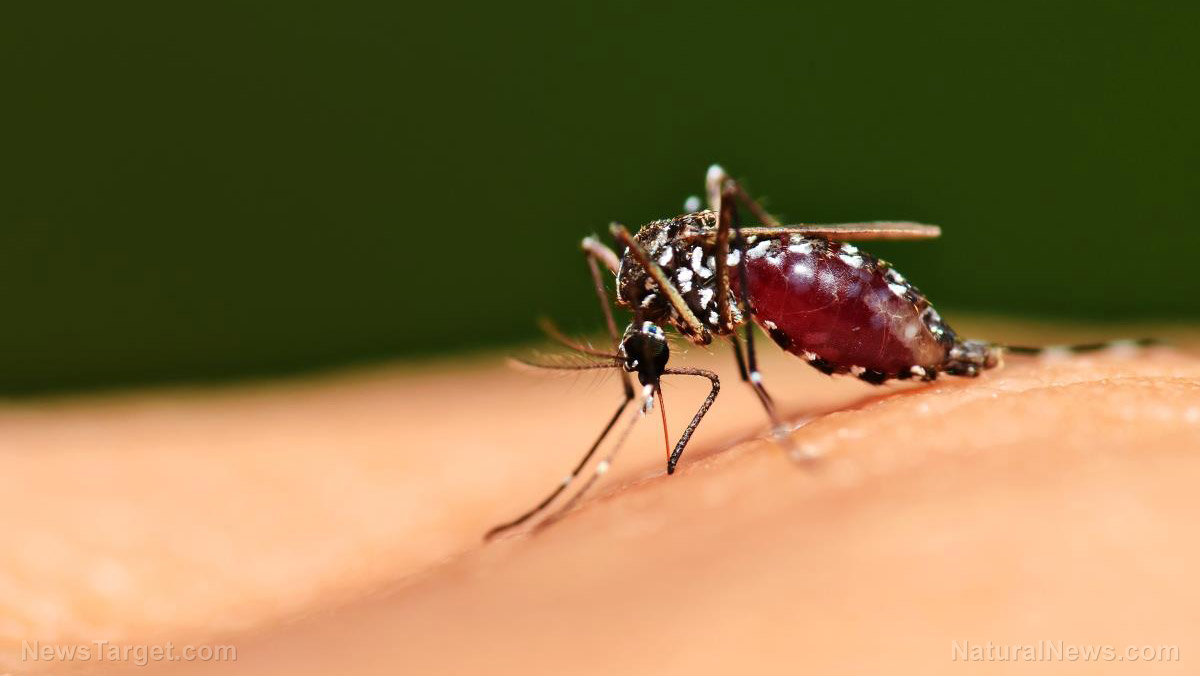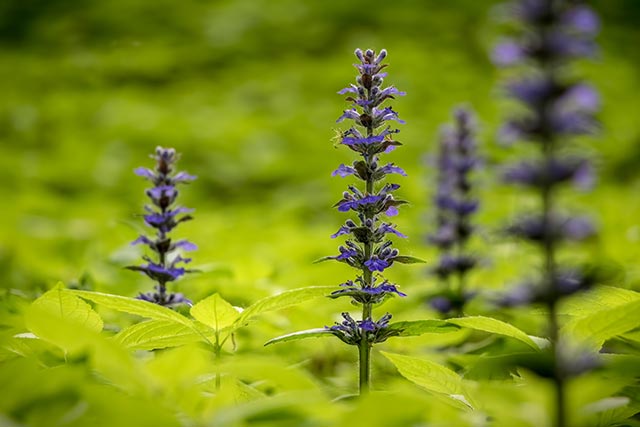Animal study finds that Dendrobium orchids can help regulate immunity
07/03/2020 / By Evangelyn Rodriguez
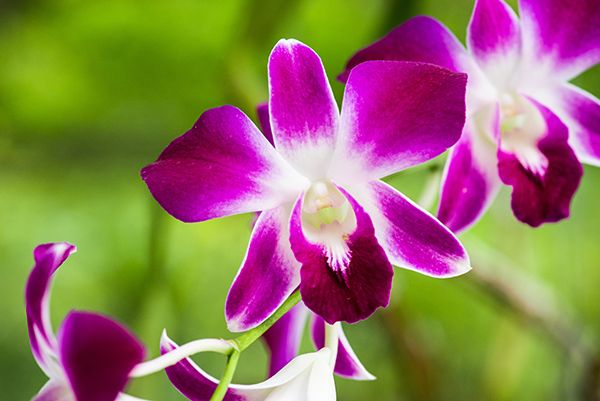
The human body has an innate ability to ward off diseases and infections, thanks to the immune system. The main job of this system is to protect the body from harmful substances, like microbial pathogens, and cell changes that can cause disease.
Many factors can affect the function of the immune system. A poor diet, medications and certain health conditions can weaken it or prevent it from functioning properly.
When the immune system’s ability to fight is suppressed — a phenomenon known as immunosuppression — the body is left without any defense against foreign invaders. Even those that don’t normally pose a threat to healthy individuals can now cause serious infection. This type of infection is called an opportunistic infection.
Immunosuppressed people often suffer from these opportunistic infections, which tend to last longer, occur more frequently and prove much harder to treat than infections in people with strong immune systems. These infections usually target the respiratory system and the gastrointestinal tract, causing excessive inflammation and disrupting growth and development in children.
In a recent study, however, Chinese researchers discovered a way to reverse immunosuppression. They reported that a carbohydrate found in a popular orchid hybrid (Dendrobium sonia) has the ability to enhance immune function without causing any side effects.
The researchers confirmed this in cell culture studies as well as in experiments involving immunosuppressed mice. They detailed their findings in an article published in the Chinese Journal of Natural Medicines.
Fast facts about immunosuppression
Like inflammation — another immune-related event — immunosuppression can also serve a good purpose. It is sometimes deliberately (and temporarily) induced in patients to reduce the risk of tissue rejection after a bone marrow or organ transplant.
Some examples of medications and therapeutic interventions that cause immunosuppression include corticosteroids, immunoglobulins, antimetabolites (chemotherapy), biological alkylating agents (anti-cancer drugs) and ionizing radiation. (Related: Fermented red ginseng alleviates drug-induced immunosuppression and colitis.)
Immunosuppressants are also used to treat autoimmune diseases, or conditions in which the immune system mistakenly attacks the body. Some examples of autoimmune diseases include systemic lupus erythematosus, psoriasis and rheumatoid arthritis.
Other systemic illnesses also cause immunosuppression. These include diabetes mellitus, kidney or liver failure and infection of the central nervous system. Malnutrition, alcoholism and cytomegalovirus infection are also said to cause mild immunosuppression.
The immunomodulatory properties of D. sonia polysaccharide
Many species belonging to the genus Dendrobium are widely used in traditional medicine. For instance, ancient Chinese healers referred to D. candidum, a wild orchid species in China, as an “immortality herb” and used it to cure various ailments, such as cataracts, gastritis, fever and throat inflammation. Studies have also shown that, Dendrobium plants are great sources of tonic, astringent, analgesic, antipyretic, antioxidant and anti-inflammatory compounds.
To evaluate the potential medicinal value of the popular orchid hybrid D. sonia, Chinese researchers decided to investigate the immunomodulatory activity of a polysaccharide isolated from it.
Using a colorimetric assay that measures cell metabolic activity, the researchers found that D. sonia polysaccharide can enhance the viability of macrophages and their capacity for phagocytosis. Phagocytosis is the process by which specialized immune cells engulf other cells or foreign substances that are considered a threat.
Meanwhile, in mice with chemically induced immunosuppression, D. sonia polysaccharide increased serum levels of pro-inflammatory cytokines, such as tumor necrosis factor (TNF)-a, interleukin (IL)-6 and interferon (IFN)-y. The polysaccharide also ameliorated the imbalance in the composition of the mice’s gut microbiota.
Based on these findings, the researchers concluded that D. sonia polysaccharide can be used to treat patients with immunosuppressive conditions.
Sources include:
Tagged Under: alternative medicine, gut microbiota, herbal medicine, Herbs, immune cells, immune system, immunosuppression, inflammation, natural cures, natural medicine, orchids, phytonutrients, plant medicine, prevention, research
RECENT NEWS & ARTICLES
COPYRIGHT © 2017 REMEDIES NEWS


